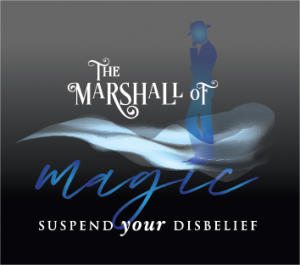Magic isn’t just about tricks; it’s an exploration of the human mind and our perception of reality. Magicians are masters of psychology, using techniques like misdirection, distraction, and suggestion to make us believe in the impossible. But why do we love being tricked? Why do we willingly suspend our disbelief when we watch a magician perform? Understanding the psychology behind magic reveals why it’s so fascinating.
The Art of Misdirection Misdirection is a core element of magic. Magicians use it to focus the audience’s attention away from the actual trick. By directing our gaze and keeping us engaged, magicians control what we see and don’t see. This technique taps into a fundamental aspect of human perception: our tendency to focus on one thing while ignoring others.
The Suspension of Disbelief When we watch a magic trick, we know, logically, that it’s an illusion. But in the moment, we’re willing to let go of that logic and be amazed. This is called the “suspension of disbelief.” We’re aware that the trick isn’t real, but we allow ourselves to believe it for the sake of enjoyment.
The Thrill of Surprise Magic also plays on our love of surprises. The unexpected nature of a magic trick catches us off guard, giving us a rush of excitement. Our brains respond positively to the surprise, releasing dopamine and making us feel a sense of wonder and joy.
Why We Love Magic Magic brings us back to a state of childlike wonder, a feeling that’s rare in our everyday lives. Marshall of Magic understands this psychology, using every trick to engage the audience and evoke a sense of wonder. By bringing magic to your event, you give your guests an experience that’s as thrilling as it is unforgettable.






